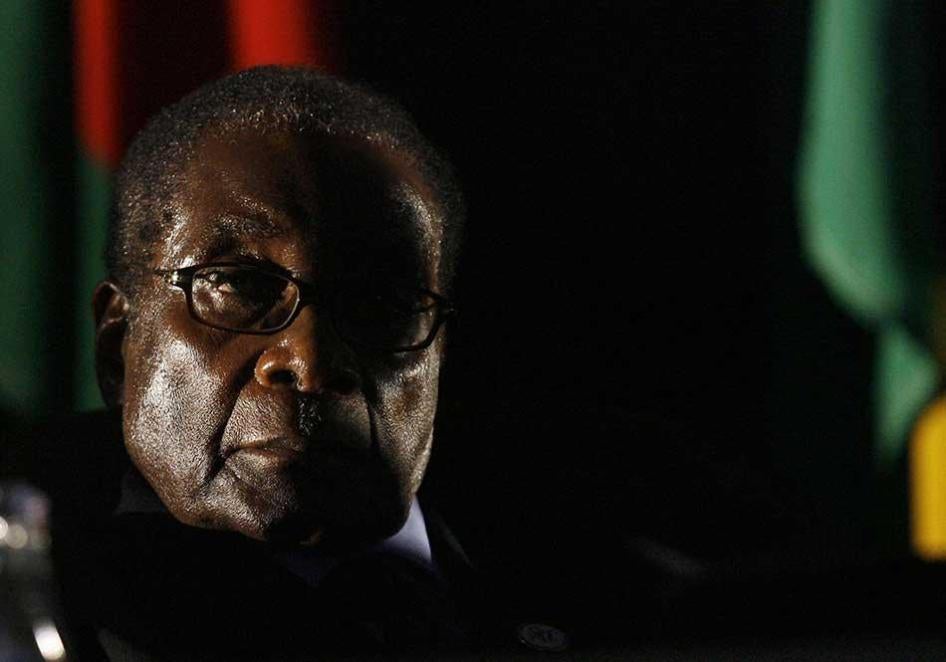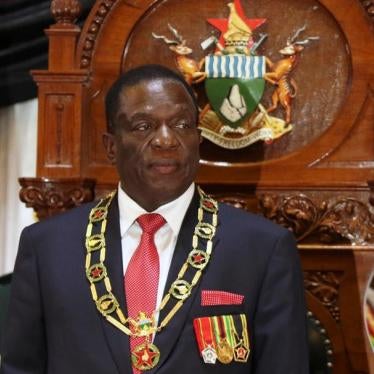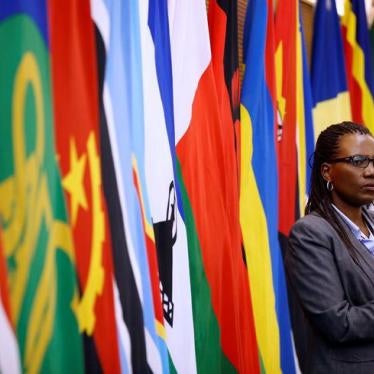This morning, Zimbabweans awoke to the news of the death of Robert Gabriel Mugabe, who ruled Zimbabwe with an iron fist for 37 years. He was 95 years old.
For some, Mugabe remains a hero and champion of the liberation struggle against colonial rule, and for his investment in education in the early years of his rule. But for many, his rule will be remembered for widespread human rights violations, near-total impunity for those responsible for abuses, and a decimation of the country’s economy.
During the Gukurahundi massacres in the early 1980s in Matabeleland and Midlands provinces, Mugabe ordered the army’s Fifth Brigade to conduct counterinsurgency operations against “dissident” ex-guerrilla fighters that led to the deaths of at least 10,000 civilians and the enforced disappearances, arbitrary detention, and torture of countless others.
Since independence in 1980, the army, police, and other state agents operated within a system that allowed elements within their ranks to arrest, torture, and kill perceived opponents with impunity. Mugabe presided over several violent elections that were neither free nor fair but merely cemented his hold on power. The 2008 general elections and presidential runoff were characterized by widespread atrocities by the military, state security agents, war veterans, and ruling party supporters, including the killing of at least 200 people and the beating and torture of 5,000 others.
In 2014, amidst attacks against lesbian, gay, bisexual, and transgender (LGBT) people, Mugabe cemented his long history of anti-LGBT rhetoric and actions by reiterating his 1995 statement that LGBT people were “worse than dogs and pigs” and threatened to behead them.
Mugabe’s rule came to an end in November 2017, when he was forced to resign after a military coup that elevated Emmerson Mnangagwa to president.
Despite the change in leadership, the ugly legacy of Mugabe’s years endures. During Mnangagwa’s two years in power, the security forces have continued to commit serious violations, including violent attacks, abductions, torture, and other abuses against the opposition and civil society activists. This may turn out to be Mugabe’s most enduring legacy: Nurturing and encouraging partisanship by security forces who commit abuses against fellow Zimbabweans with impunity.









